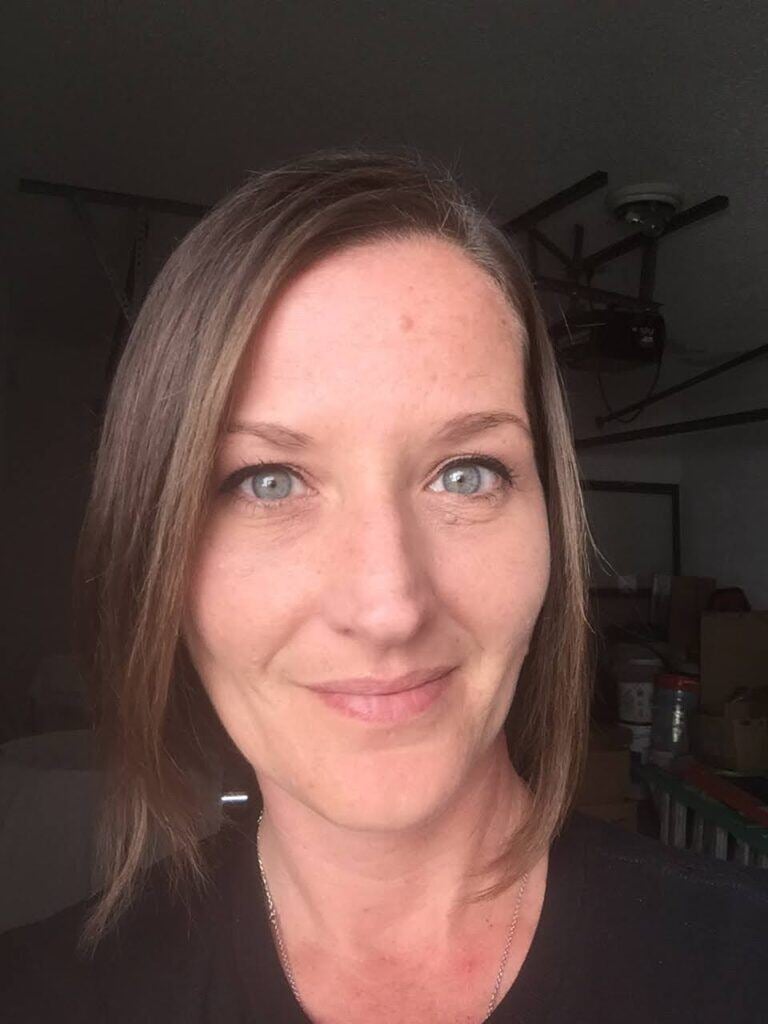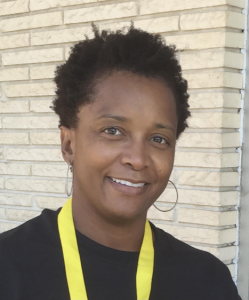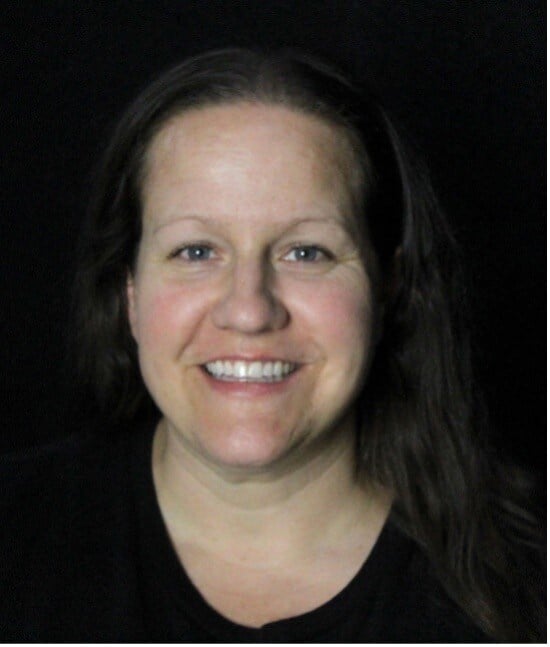 The future was bright for young Caitlin Darfler. An only child born in Metro Detroit, she was loved beyond measure by her parents. She told her mom at age four that she wanted to be a rock star, and throughout Caitlin’s life, she and her parents did everything in their power to make that dream come true.
The future was bright for young Caitlin Darfler. An only child born in Metro Detroit, she was loved beyond measure by her parents. She told her mom at age four that she wanted to be a rock star, and throughout Caitlin’s life, she and her parents did everything in their power to make that dream come true.
Caitlin began singing and performing at age 11. She performed in local theatre, mastered guitar and played in shows throughout high school. Her parents even helped pave the way for a college degree from the most prestigious contemporary music school in the country – Berklee College of Music in Boston.
Caitlin was a bright-eyed, straight-A student and exceling at life came pretty easily for her.
The music industry, however, can be a challenging place. Caitlin’s idols at a young age were rock stars – many who had substance abuse issues. And, in her teenage years, she found herself among peers who used drugs and alcohol. Looking back, it’s not surprising that Caitlin decided to recreationally drink or do drugs occasionally. Never did she think, however, that her substance use would become an issue.
 “I thought drugs were something that most people did at some point,” said Caitlin. “And I always believed if you had control over it, it was not a problem.”
“I thought drugs were something that most people did at some point,” said Caitlin. “And I always believed if you had control over it, it was not a problem.”
It wasn’t until age 30 that her recreational use became an addiction. Her picture-perfect life had landed her in a seemingly picturesque marriage, which turned into an emotionally abusive relationship and estranged her from her once-close parents. Caitlin began regularly using pills to self-medicate the pain and loneliness. Those pills eventually turned into snorting and then IV heroin. And, after some time, those substances landed her in the ER and on the suicide watch list.
The relationship was not strong enough to navigate their many challenges and the two soon divorced. Caitlin experienced a tough couple of years. But, after eight trips to rehab at four different institutions, Caitlin was finally on her way to sobriety and a better life.
Caitlin has been in long-term recovery for two years.
How Caitlin Utilized SMART Recovery in Her Recovery
After two years of going in and out of other recovery programs unsuccessfully, Caitlin found SMART Recovery through an online search. She knew there had to be another option out there. As she read about SMART’s self-empowered approach to recovery, she was relieved that she had finally found a program that resonated with her. In 2015, she sought out a meeting in Ann Arbor, MI and thus began her SMART journey.
It was through this meeting that she met Chris O’Droski, the meeting’s facilitator, who was instrumental in Caitlin’s recovery. He used both humor and science in his meetings, which made the meetings enjoyable for Caitlin. It was through his meetings that Caitlin learned skills for lasting change and found the power within herself to make the changes necessary to build a life that she wanted.
“SMART is a program that teaches coping skills with actual tools based in proven behavioral therapies,” said Caitlin. “It looks at maladaptive behaviors as the human condition and not character defects, and that was instrumental for my recovery and self-awareness.”
Later in her journey, Chris and Caitlin would team up to do a public radio interview to discuss SMART and multiple pathways – an approach to recovery that utilizes a variety of treatment options, which SMART strongly encourages its participants to explore. They also did a presentation for a grad school class at the University of Michigan on a similar topic.
Caitlin knew about these topics because she used a multiple-pathway approach to her own recovery. For her first six months off of heroin, she was prescribed Vivitrol – a medication that can help with opioid dependence after detox. She utilized therapy to work on her behavioral tendencies, as well as her overall mental health. And she incorporated SMART meetings into her recovery plan. Even after relapsing several times, she never felt like she was a failure or had to start over. Through the peer support in the meetings, she was encouraged to use what she learned from the relapse to move closer to her end goal.
What is Caitlin Up to Now?
 Caitlin’s life has come full circle. She has rekindled her relationship with her mother. She is in a healthy relationship with a man who respects her. And, she is finally performing again – as a member of The Devil Elvis Show, which plays at recovery events all over the state of Michigan. The lead singer of the band is Chris O’Droski, who has remained a close friend. Playing music again has become a large part of Caitlin’s recovery.
Caitlin’s life has come full circle. She has rekindled her relationship with her mother. She is in a healthy relationship with a man who respects her. And, she is finally performing again – as a member of The Devil Elvis Show, which plays at recovery events all over the state of Michigan. The lead singer of the band is Chris O’Droski, who has remained a close friend. Playing music again has become a large part of Caitlin’s recovery.
Not only is Caitlin thriving in her life, but she has also dedicated herself to spreading the word about recovery and a better life to others. She has recently started a SMART Recovery meeting in Flint, MI and has become a licensed Peer Recovery Coach.
“It took me two years and several trips to rehab to find SMART Recovery,” said Caitlin “I was drowning in my addiction and until I found SMART Recovery, there was no way out. I’ve made it my personal mission to get the word about SMART to others earlier in their recovery journey and in more locations that desperately need the help.”
Click here to read part 2 of this story, in which we will share more about Caitlin’s efforts to help others find recovery in Flint.
How You Can Help More People Like Caitlin
Caitlin’s story is a beautiful reminder of how SMART Recovery works to support people from all walks of life in their recovery journey by teaching how to change self-defeating thinking, emotions, and actions; and to work towards long-term satisfactions and quality of life.
Addiction is a national (and international) epidemic. Caitlin told us, “SMART Recovery saved my life.” We need to save more people like Caitlin.
Your year-end gift to our Growth Fund will be put to work immediately, to help more people like Caitlin find the support they need to overcome addiction and go on to live fulfilling and meaningful lives.
Thank you for your support!





